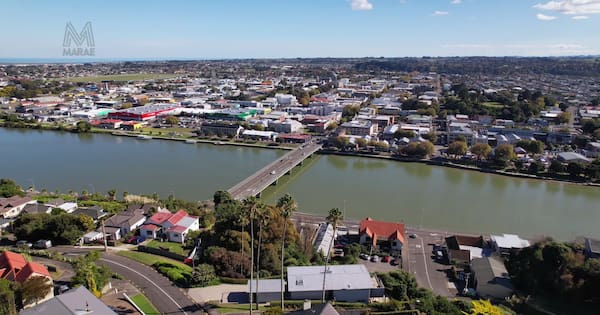The latest results, for Q2 2025, put the region in third place in ASB’s regional economic scoreboard for the second quarter in a row, behind the Bay of Plenty and Southland.
It had been in the top two since Q3 2022.
But the region remained a “powerhouse” in the recent cycle because of economic insulation provided by Queenstown’s robust tourism, the report said.
The report — which ranks the economic performance of the country’s 16 regions on indicators including employment, construction, retail trade and house prices — said Otago remained the fastest-growing in terms of employment and retail sales.
Otago residents were also the second-most optimistic in the country.
“Easing population growth, underperforming house sales, and slowing construction growth are among the main factors weighing on Otago’s performance this quarter.
“Looking ahead, the positive economic outlook will no doubt support Otago’s future.
“However, given the potential challenges for the tourism sector amid global uncertainties, Otago’s tourism might also face difficulties.”
ASB senior wealth economist Chris Tennent-Brown said Otago was “still right up there as one of the places to be”.
Both Queenstown and the wider region’s level of activity were still impressive.
“I think there’s probably plenty of people in Otago that think they don’t want to grow any more, there’s enough visitors and enough activity going on.
“So, I don’t think it’s anything to be concerned about at all — there’s still plenty happening.”
ASB yesterday also released its latest investor confidence survey, which showed confidence among New Zealand investors had dipped “to its lowest level since the Covid-19 pandemic”.
The difference between those expecting investment returns to improve versus worsen in the coming year fell from 9% to 1% in the three months to June.
About half of respondents were “very concerned” about global issues impacting investments.
Sentiment fell across all regions in the first half of the year, the lower North Island experiencing the biggest drop.
In the South Island, overall confidence among investors fell to 1% — a 7% decrease from the previous quarter.
A total of 27% of those surveyed felt worse about their return on investments, compared with 21%.
Mr Tennent-Brown said there were plenty of reasons for the South Island to be feeling confident, particularly around rural income and tourism.
While people were “clearly a bit jitterish” about the global backdrop, low investor confidence did not translate directly into low investment returns.
Global shares were “knocking around [an] all-time high”, and it was likely people had seen reasonable gains in their KiwiSaver or managed investment fund balances over the past year, despite low confidence.
There were expected to be “more glimmers of hope” from property investors as lower interest rates flowed into the housing market.
But lower interest rates for mortgages could also weigh on confidence around lower term deposit rates.
It was “a bit of a mixed force”, Mr Tennent-Brown said.
“For the global stuff, it just keeps on coming, doesn’t it?
“The uncertainty and the development comes through thick and fast and I think that will keep on weighing on confidence about the global backdrop, but that doesn’t necessarily translate into poor investment returns.”













